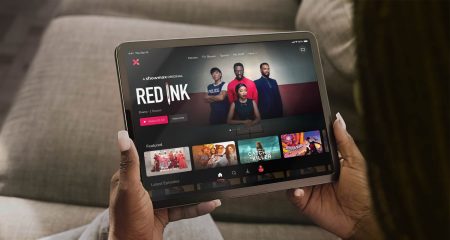
US senator John McCain has introduced a bill that proposes forcing cable television operators to allow Americans to subscribe to only the channels they choose rather than having to pay for bouquets of channels, many of which they never watch.
The prospect of paying only for the channels they want may sound appealing to consumers, but industry players warn it could actually end up costing viewers more than a monthly subscription.
McCain introduced the bill in the US congress last Thursday. It’s called the Television Consumer Freedom Act of 2013 and, if signed into law, will prevent the bundling of TV stations, allowing users to create their own à la carte bouquets of channels.
The bill is expected to face fierce opposition from broadcasters.
McCain tried to push through similar legislation in 2006, but it failed to gain traction.
MultiChoice South Africa CEO Collins Khumalo tells TechCentral that allowing consumers to create their own bouquets presents an enormous “administrative challenge” because pay-TV operators need to have systems in place to allow consumers to change which channels they’re subscribed to, along with complicated billing systems and increased call centre capacity to deal with queries.
“The even bigger theoretical problem is that customers say they’re paying around R600 now, and they have around 100 channels, so they believe they should pay around R6/channel,” Khumalo says. But, he says, it makes more sense to think in terms of pay-per-view models where consumers pay for individual movies or sporting events.
“If someone in the UK wants to watch a football match on pay-per-view, they pay between £7 and £10. If you then translate that into rand and consider what it would cost to watch an entire season’s matches, paying R600 for all the matches would actually work out cheaper.”
Khumalo says the à la carte approach would also undermine the diversity of content MultiChoice could offer. “When there are new channels coming onto the platform, they get told we have a million subscribers on the Premium bouquet. It’s part of how we attract quality content.”
If customers could pick and choose their channels, MultiChoice would have limited incentive to pay for the rights to show less popular content.
“The much more radical example is looking at a newspaper,” Khumalo says. “You can’t pay for only the sports section if that’s all you want to read. The bundling element makes it much more affordable than it would be if each element stood alone.”
Were South Africa to try and institute the sort of bill being proposed in the US, Khumalo says it would undoubtedly face strong opposition. Moreover, he says, were such a bill to come into effect, the consumer would be the ultimate loser as they would end up paying more than they do now. — (c) 2013 NewsCentral Media




